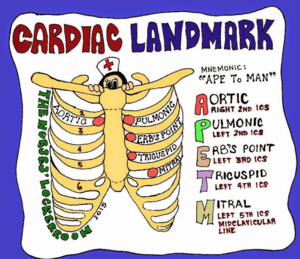Consent in healthcare
Resource summary
Page 1
Consent in Health Care
General guiding ethical principle Autonomy - the right to make choices regarding ones own care Legal principle of 'battery' Touching another person without a valid lawful excuse Three main types of consent Verbal "yeah that's fine" Written (e.g surgical form) Implied (holding out their arm for you to check BP) Four elements to consent It cannot be given under coercion (voluntary consent) The procedure must be described The PT must be informed of benefits and risks The individual must have legal capacity to consent Right to refuse treatment Medical treatment act 1988 An adult of SOUND MIND can refuse any treatment or withdraw from any treatment at any stage For someone to continue to treat a patient who has attempted this - it is considered ASSAULT In situations of emergency care E.g a patient is unconscious - treatment can be given as long as it is reasonable and in good faith Children and consent Parents/legal guardians must provide (except in emergency when they are not there) A child may give consent if they can prove that they have sufficient understanding of the proposed treatment If there is a conflict between parent and child in this decision making process the matter will be decided by the courts Intellectual incapacity Should an individual be found to lack the individual capacity to make decisions regarding their care : A guardian will be appointed by VCAT This individual must be determined to advocate for that person's best interests
Page 2
Want to create your own Notes for free with GoConqr? Learn more.

